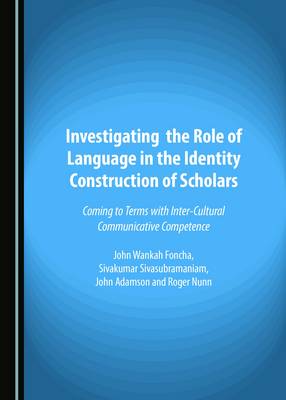Many people across the globe are today experiencing an era characterised by increasingly dynamic population mobility. It is, consequently, a time where previously held assumptions about individual and group identities, and about the social and political semiotics that shape them, seem inadequate. Languages and cultures are at the heart of what has been termed this "superdiversity". In contemporary superdiverse societies, the question of language poses a particularly difficult challenge, with new cultural realities giving rise to new questions. In in such circumstances, how can linguistic and cultural identities be defined? The future is likely to witness tensions and oppositions between centrifugal and centripetal forces; and tendencies towards globalisation allow some to suggest that culture is becoming increasingly uniform. This book illustrates the narrowness and reductiveness of such suggestions, and underlines the importance of embracing centrifugal forces. Central to this, and to the practices argued for in this book, is the need for greater intercultural awareness on the part of teachers, curriculum planners, teacher educators and, of course, their students. The book explores major hindrances to communication in the way in which we over-generalise, stereotype and reduce the people with whom we communicate to something different or less than they are.
- ISBN13 9781443894715
- Publish Date 20 September 2016
- Publish Status Active
- Publish Country GB
- Imprint Cambridge Scholars Publishing
- Edition Unabridged edition
- Format Hardcover
- Pages 220
- Language English
